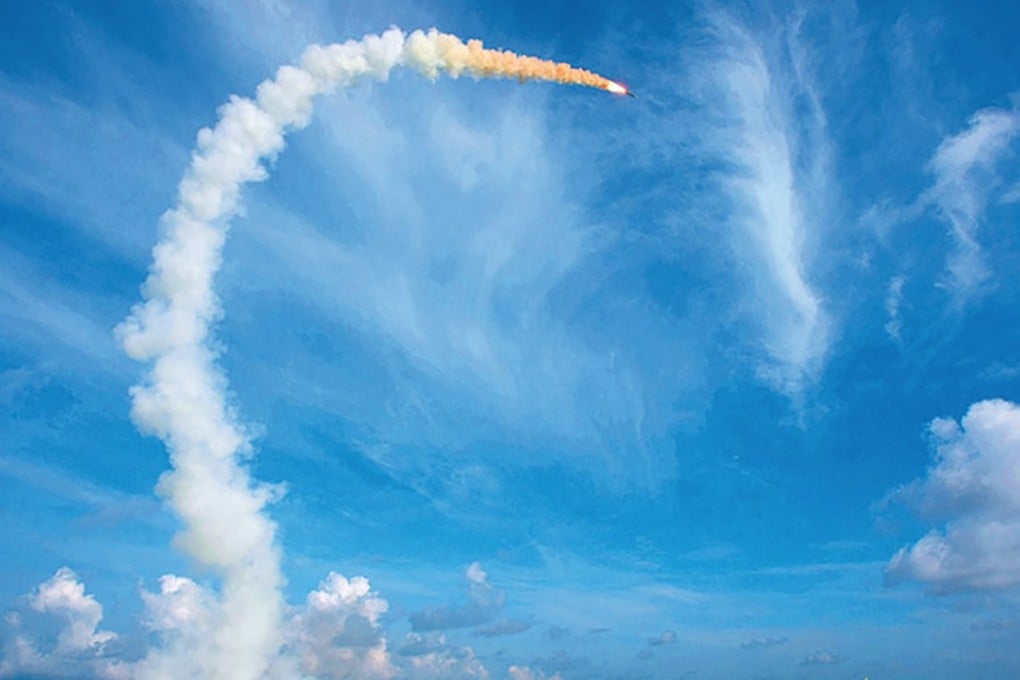The Chinese missiles changing the game in the air and the global arms trade
China’s advances in the skies and military links with Russia are posing a new strategic challenge for the United States and its allies

For a quarter century, the United States and its allies owned the skies, fighting wars secure in the knowledge that no opponent could compete in the air. As tensions with Russia and China surge, that’s no longer the case.
Rapid technological progress in China’s aerospace industry, particularly air-to-air missile systems fired from an aircraft, is changing the game for Western air forces and the global arms trade. It’s also altering the picture for China’s neighbours such as India.
Russia took the lead in modernising its air force, and has been more willing to use it. In the longer term, however, China’s roughly US$13 trillion economy and growing wealth mean it is likely to pose the greater strategic challenge for the US and its allies. In 2017, Chinese defence spending rose by 5.6 per cent in constant US dollar terms, while Russia’s fell by 20 per cent, according to the Stockholm International Peace Research Institute. China spent US$228 billion last year and Russia US$66.3 billion, SIPRI said.
“We had an environment where we could do whatever we wanted in the air, and what the Chinese have done is to say you no longer can,” said Douglas Barrie, senior fellow for military aerospace at the International Institute for Strategic Studies.
As a result, US commanders now have to take into account potential loss rates for pilots and aircraft that they have not had to face since the 1980s.
WAKE-UP MOMENTS
The US Air Force remains the strongest by far. Yet the Chinese advances come at a sensitive time, as the US appetite to continue its role as global policeman fades. Meanwhile Chinese President Xi Jinping has set ambitious goals to dominate advanced industries like robotics and artificial intelligence and to assert Chinese interests in the disputed South China Sea and beyond.